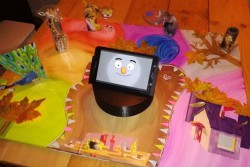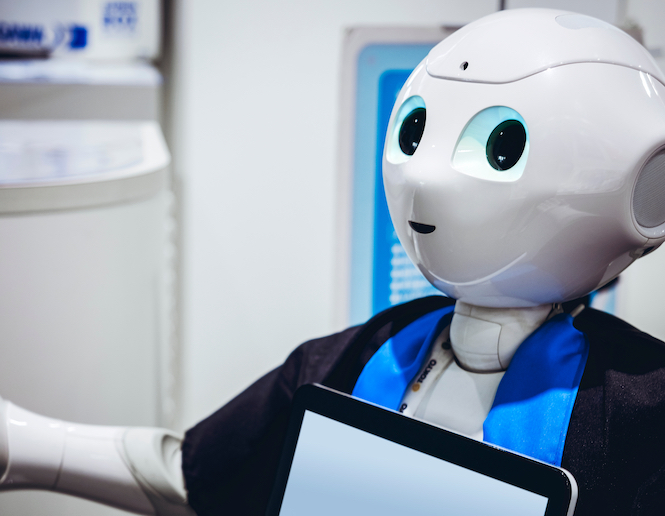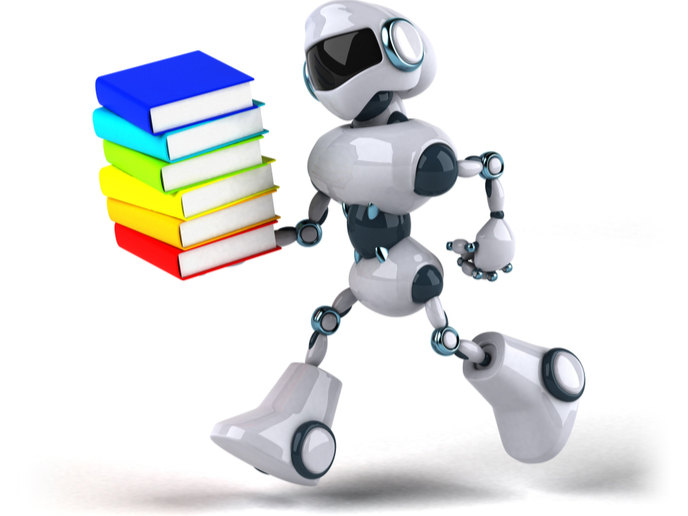Digital English learning, at your child’s own pace
Many studies have showed how children learn faster and retain information for much longer when they’re having fun, especially during the first few years of their life. This knowledge has long been put to good use in most branches of education, and has generally coped pretty well with technological innovation. What you could find in children’s books years ago is now increasingly being replaced or complemented with apps and other interactive education software. Language learning, however, has been lagging behind. “A few years ago, I was trying to teach English to my niece Marieta, and I realised that there weren’t any apps specialised in early childhood. All existing solutions were based on very classic methods, and even to this day most methods to teach English, even digital ones, remain very academic,” says Cristóbal Viedma, founder and CEO of Lingokids. Lingokids is a start-up launched in 2015 to fill this market gap. Their core product is a learning app allowing children from 2 to 8 years of age to sharpen their English language skills, through what Lingokids staff have come to call the Playlearning™ method. “Playlearning™ is built around the natural learning process of children, with three main elements at its core: self-direction (children learn better at their own pace), immersion, and learning through play,” Viedma explains. To maximise the effectiveness of this method, Lingokids has based its product on AI-driven adaptive learning technology. It personalises the learning path for each child, depending on their level, preferences and emotional state, all this in real time. So how can you actually get started? Lingokids is currently available in two forms: the ‘basic’ plan, which is free to use and provides children with three games, songs or videos a day, and the ‘unlimited’ plan, which gives instant access to over 600 activities. Let’s say, for instance, that you want your 3-year-old child to start learning English at home, and you’re very serious about it. “With Lingokids Unlimited, your child will be able to enjoy an unlimited number of activities per month. We recommend you start exploring Lingokids with your child and track his/her progress in the Parents Area. Our content is organised in 10 units, containing six topics each. Students can also find seasonal and bonus activities within the ‘learning map’, and you’ll find activities such as songs, videos, games and traceables. Furthermore, you can discover our ‘play together’ activities, which will allow you to enjoy family time with your child, or even sing and dance to our ABC Chant,” Viedma adds. If you’re not sure where to start, you can always access the app’s ‘content for parents’ section and community, where the latest parenting news and tips can be found along with advice on the best ways to use the Lingokids app and discussions about important topics with other families. Icing on the cake: the app has been designed for use by educators, too. Once registered, they get access to specific functionalities to optimise in-class use and management. The LINGOKIDS 2.0 (The Best Adaptive Platform for Self-Directed Home Education in Early Childhood) project is now in its second round of EU funding under the SME Instrument. This second phase brings about improved architecture, an upgraded CMS with new functionalities and services, an in-class use case pilot, as well as A/B testing with 3 000 users. “We already have 12 million users and are present in over 190 countries,” Viedma concludes. “We believe that each child should have the opportunity to learn at her or his own pace and way, and our technology can transform both the way students learn and the way teachers teach.”
Keywords
LINGOKIDS 2.0, digital, learning, English, early childhood, app, Playlearning







